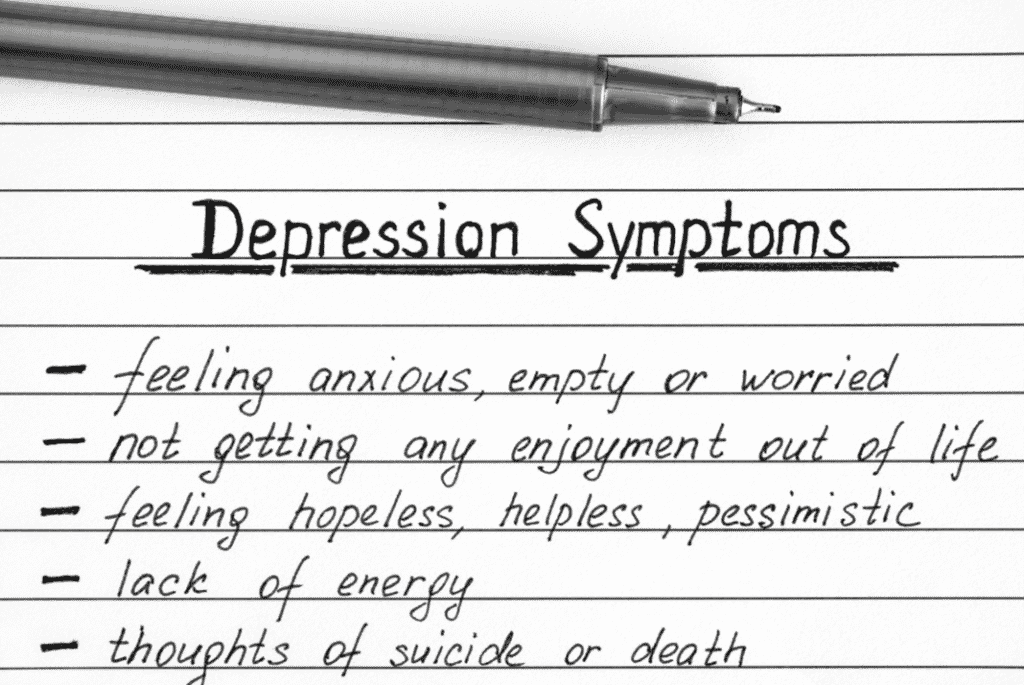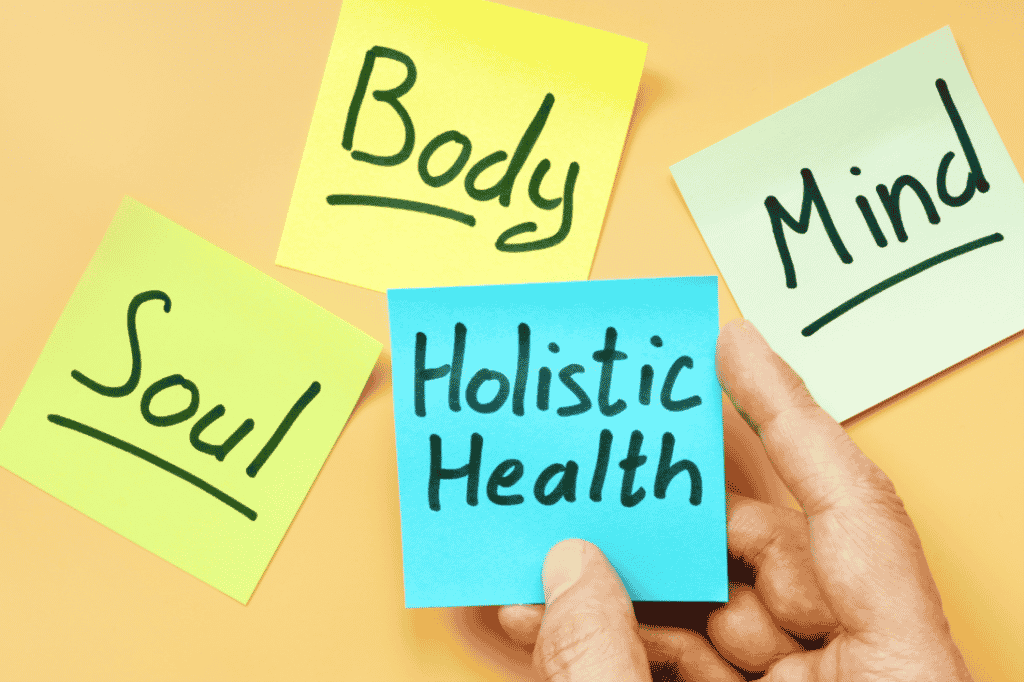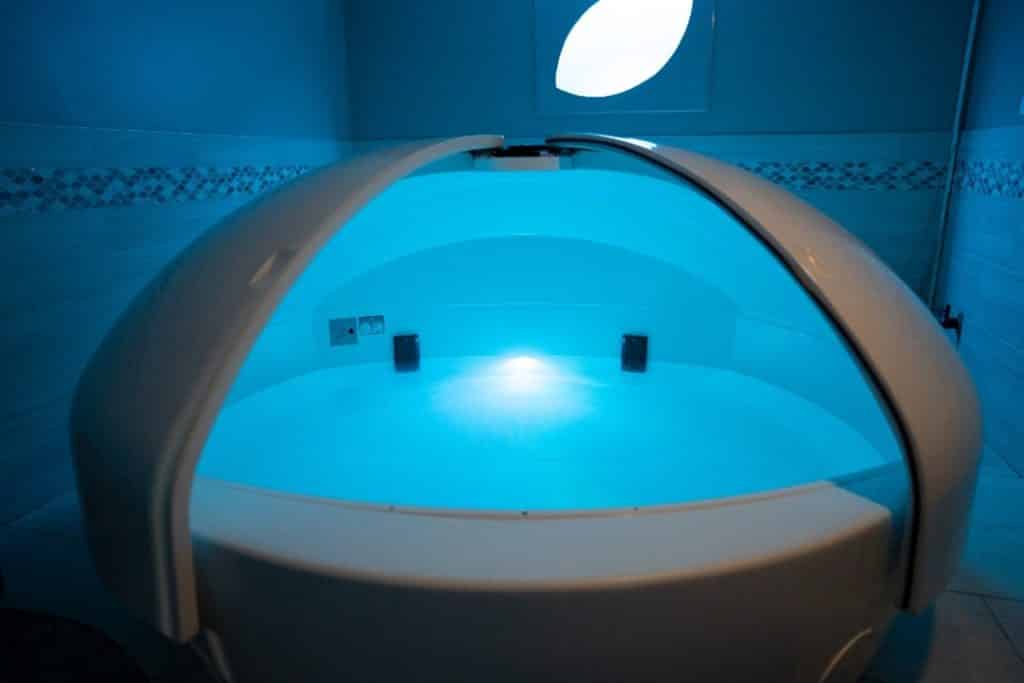Depression is a critical issue that should not be taken lightly. Many people suffering from mental illness feel ashamed and stigmatized, but they should not have to suffer in silence. There are many ways to treat mental illness, including holistic therapies like floatation, aromatherapy, acupuncture and meditation. These therapies can help reduce stress levels and improve moods.
What is holistic therapy?
Holistic therapy is defined as a form of healing that focuses on total body wellness—the body, mind, and spirit. In other words, it is a holistic approach to wellness that acknowledges the interconnectedness of all aspects of our being. While conventional medicine often looks at each symptom or disease in isolation, holistic therapy views the person as a whole and seeks to address imbalances physically, mentally and emotionally.
Common modalities of holistic therapy include yoga, meditation, acupuncture, massage, and float therapy. Float therapy, in particular, has gained popularity in recent years as an effective way to reduce stress and promote relaxation. During a float session, individuals float weightlessly in a pool of warm water infused with Epsom salt. This unique environment allows the mind and body to deeply relax. Many people report feeling refreshed and rejuvenated after just one session.
What is Depression?
Depression is not a foreign word in modern society. Living through a pandemic, seemingly sad and unsettling news on TV and day-to-day life’s struggle can make us feel down and out, causing situational depressive episodes or feelings of sadness.
Depression is a common but serious mental condition that negatively affects how someone feels. Those feelings include extreme sadness, lost interest in hobbies, changes in appetite, trouble sleeping, increased fatigue and many more.
According to the World Health Organization, 280 million people suffer from depression, roughly about 3.8% of the population. The mental health condition and its symptoms vary from person to person but can cause great distress and disrupt individuals’ lives. Some only experience the disorder seasonally or after a traumatic or significant life change. However, for some individuals, depression is highly severe and results in a clinical diagnosis of chronic depression, often known as persistent depressive disorder.
Depression Causes and Symptoms
No one chooses to experience depression or persistent feelings of sadness. While mood shifts and feeling down is a normal part of life, depression is when those feelings negatively interfere with someone’s life—from how they behave or think. It can interfere with having a healthy mind.
It is believed that four pillars can identify the causes of depression. When considering a diagnosis, doctors tend to look at various factors, such as biological differences, brain chemistry, hormones and inherited traits. Notably, people with depression tend to have physical changes in their brain chemistry—where neurotransmitters play a role in the cause of depression. This and all other contributing factors of depression have one thing in common: they are not something a person chooses or can “snap out” of.
Symptoms of depression can range from mild to severe and may come and go through different periods and phases of life. Feelings of sadness, loss of interest, angry and unstable mood shifts, anxiety, weight loss or gain, feelings of worthlessness, thoughts of death, and suicide, are a few of the most common symptoms of depression.
If you are dealing with any of these regularly, you may want to check in with your clinical provider to see if you may be dealing with depression.

How is Depression Diagnosed?
It’s normal to feel sad or upset at times, but depression can interfere with someone’s life, and a diagnosis is the first step in understanding the condition and finding treatment options. Doctors can determine mental health conditions using a range of determining factors such as a physical exam, asking questions about your health, lab testing, a psychiatric evaluation, and other diagnosable mental health criterias and offer potential solutions to support their treatment.
Types of Depression
Many different types of depression are chronic or circumstantial, depending on someone’s life experiences. Some of the most notable types of depression include:
- Major Depressive Disorder tends to be categorized as a deep feeling of negativity and sadness, where things that were once enjoyable no longer hold the same value.
- Seasonal Affective Disorder can be more prevalent when the seasons change, most notably in winter when there is a lack of sun.
- Post-Partum Depression occurs in the days and weeks upon and after giving birth. This condition can make it difficult for women to bond with their babies.
- Premenstrual Dysphoric Disorder is a type of depression that occurs during the days leading up to a menstrual cycle and includes symptoms of irritability, mood swings, anxiety or tension.
Treatment for Depression
When seeking treatment for a depression diagnosis, a range of options are available, from traditional medical practices to more holistic therapy and whole-body wellness options.
Having a trusted source to speak to, like a doctor, psychologist, counselor, or wellness coach, are great resources to help discuss and manage depression. The most common advisable treatment is antidepressants, but they may not be the right option for some individuals. In some cases, people might pair treatment recommended by doctors with holistic therapies that are less invasive and complement a plan made by a professional.
With yoga, massage therapy, regular exercise and a good diet, symptoms of depression can decrease. Another option is trying float therapy as an alternative wellness option or practice that works well alongside other treatments to maximize wellness benefits.

Float Therapy for Improving Depression
Float therapy can improve symptoms of depression by allowing the body to decrease stress and reduce the brain’s ability to process external sources of distraction, which may often cause tension and negative feelings. By depriving the body of sensory stimulants, the brain has a moment to completely relax and focus on the present without any sight or sound.
Here’s how floating works at True REST Float Spa:
- Guests have their own private suite to shower and change and enjoy a 60-minute float session.
- When entering our round float pods, every individual has complete control of their experience—the pod’s door can stay open or shut, the lights can be turned on or off, and music is optional.
- The unique mixture of water in the pod, consisting of 180 gallons of water and 1,000 pounds of Epsom salts, is denser than the Dead Sea. It allows the body to float weightlessly atop the water at skin temperature, creating a zero-gravity environment.
- If chosen to float in silence, with no light or sound, individuals will experience sensory deprivation. All senses are cut off from the world, allowing the brain to focus wholly and inward and relax without distractions.
As we live, we constantly take in external forces, whether consciously aware of them or not. This can have a significant impact on our mental and physical health. Reducing it from time to time can let the body completely unwind and decompress. Essentially, floating is a holistic therapy that removes someone from the outside world to a place of complete solace, thereby decreasing causes that trigger unwanted health symptoms.

Float Therapy and Holistic Therapy as Healing Options
It’s important to understand that float therapy as a holistic therapy is not a cure for depression. It is a severe condition that may require a doctor’s support to help treat. But many individuals like to combine their clinical treatment with hobbies or therapies that can improve their way of life. Float therapy is a great tool to add to the toolbox of resources to help manage depressive symptoms. Treatment is not a one-size-fits-all, and finding the right support systems is integral to living well.
Float at True REST Float Spa
At True REST Float Spa, we believe that floating can help people achieve a sense of complete relaxation and rejuvenation. Whether someone is looking to float away from their worries or seeking relief from conditions like depression, our spas provide everyone with an unforgettable experience.
Floating is a holistic therapy that anyone can enjoy. If you’ve never tried floating, visit our frequently asked questions page to better understand the practice. Or get in touch with the nearest location and let us help you achieve the science of feeling great!
The post Holistic Therapy for Depression and Mental Wellness appeared first on True REST Float Spa.





Leave a Reply
You must be logged in to post a comment.